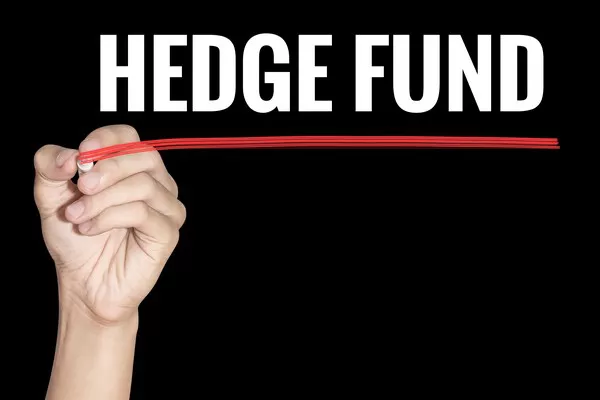Hedge funds, long known for their high fees, are proving even more costly for investors than previously thought. New research reveals that nearly half of the $3.7 trillion in profits generated by the hedge fund industry since 1969—around $1.8 trillion—has been consumed by fees. According to LCH Investments, a fund of hedge funds, the average fees now account for 50.4% of hedge fund profits, a significant increase from about 30% in the early 2000s.
This study marks the first time LCH has quantified the immense costs that have become ingrained in the hedge fund business model, which has helped produce numerous billionaires. High-profile critics, such as Warren Buffett and Bill Gross, have condemned the industry’s fees, with Buffett calling them “an unbelievable compensation scheme,” and Gross describing them as a “giant ripoff.” However, such criticisms have largely been dismissed by an industry that has expanded rapidly in recent years, with hedge funds now managing a record $4.5 trillion in assets, according to HFR.
“The Great Financial Crisis of 2008 presented an opportunity for a reset in how hedge funds charge fees,” said Rick Sopher, chairman of LCH. “However, this opportunity was largely missed.”
The growing costs have been exacerbated by a lack of fee recovery for investors when they redeem their investments or when funds close after incurring losses. This issue has been particularly impactful during periods of significant losses, such as during the global financial crisis and in some years since.
Hedge funds typically charge a fixed management fee, and increasingly, they have introduced so-called “pass-through expenses” that allow them to charge clients for a wide range of costs, including bonuses, research, hiring expenses, and even entertainment. On top of these charges, hedge funds typically retain 20% of any profits they generate as performance fees. However, when hedge funds incur losses, clients bear the entire financial burden while still being required to pay management and pass-through fees.
The fee structure is one of the key factors studied by LCH in its annual ranking of the most profitable hedge funds globally. For 2024, D.E. Shaw & Co. claimed the top spot as the most profitable hedge fund, followed by Izzy Englander’s Millennium Management and Ken Griffin’s Citadel, which remains the highest-earning hedge fund since its inception.
The annual survey focuses on the hedge funds with the most significant overall profits in absolute dollar terms, meaning that the largest and oldest firms tend to top the list. The top 20 hedge fund firms, which collectively manage about 20% of the industry’s total assets, generated $93.7 billion in profits last year—approximately one-third of the industry’s total gains.
Measured by asset-weighted returns, the top 20 hedge funds saw an average gain of 13.1%, outperforming the broader industry’s return of 8.3%.
In total, hedge fund managers generated $289 billion for investors in 2024, and the top 20 hedge funds have collectively made approximately $855 billion net of fees since their inception. Despite their high fees, hedge funds remain a dominant force in the global financial landscape, with their profits continuing to grow.
Related topics:
USD/KRW Moves After Bank of Korea Surprises with Rate Hold Decision
Asian Central Banks Struggle to Defend Currencies Against Strong Dollar
China Meets Growth Target in 2024 Amid Stimulus and Export Boost, but Faces Uncertainty Ahead


